On Page SEO Optimization: In the realm of digital marketing, On-Page SEO Optimization stands as a pivotal strategy for enhancing a website’s visibility and relevance to search engines. This comprehensive approach involves optimizing various elements directly on a webpage to improve its ranking in search engine results pages (SERPs) and ultimately drive organic traffic. In this article, we’ll delve into the definition, importance, and key strategies of On-Page SEO Optimization to empower your online presence.
Definition of On-Page SEO Optimization:
On-Page SEO Optimization is a digital marketing strategy focused on enhancing the visibility and relevance of individual web pages within search engine results pages (SERPs). It involves optimizing various on-page elements directly within the website, such as content, HTML source code, and website structure, to improve search engine rankings and attract organic traffic. By strategically optimizing elements like keywords, meta tags, internal linking, and multimedia content, On-Page SEO aims to make web pages more accessible, user-friendly, and aligned with search engine algorithms. The ultimate goal of On-Page SEO Optimization is to improve the overall performance of a website in organic search results, leading to increased visibility, traffic, and engagement.
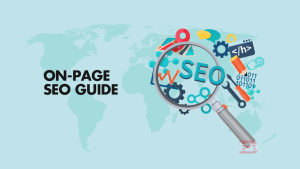
Importance of On-Page SEO Optimization:
Improved search engine rankings are one of the most significant benefits of on-page SEO optimization. When you optimize your website’s on-page elements, such as content, meta tags, and URL structure, you increase its relevance and authority in the eyes of search engines like Google, Bing, and Yahoo. As a result, your website is more likely to rank higher in search engine results pages (SERPs) for relevant search queries.
Here’s why improved search engine rankings matter:
- Increased Visibility: Websites that rank higher in SERPs are more visible to users searching for specific topics, products, or services. Improved search engine rankings ensure that your website appears prominently when potential customers are looking for information related to your business, increasing the likelihood of attracting organic traffic.
- Higher Click-Through Rates (CTRs): Studies have shown that websites listed at the top of search results receive a higher percentage of clicks compared to those listed lower down the page. By optimizing your on-page elements and achieving higher rankings, you can increase your website’s CTRs, driving more traffic to your site and potentially increasing leads and conversions.
- Credibility and Trust: Websites that rank well in search results are often perceived as more credible and trustworthy by users. Improved search engine rankings signal to potential customers that your website is authoritative and relevant to their needs, leading to higher levels of trust and confidence in your brand.
- Competitive Advantage: In today’s competitive digital landscape, securing top positions in search results can give your business a significant competitive advantage. Websites that consistently rank higher than their competitors are more likely to attract clicks, leads, and customers, potentially capturing a larger share of the market.
- Cost-Effective Marketing: Unlike paid advertising, which requires ongoing investment, achieving improved search engine rankings through on-page SEO optimization can lead to long-term benefits without additional costs. Once your website is optimized and ranks well for relevant keywords, you can continue to benefit from organic traffic without continually paying for clicks or impressions.
Enhanced User Experience: On-Page SEO Optimization not only benefits search engines but also improves the overall user experience. By creating high-quality, relevant content and optimizing website structure, users can easily navigate through the site and find the information they need, leading to increased engagement and lower bounce rates.
Targeted Traffic Generation: Effective On-Page SEO Optimization helps websites attract targeted organic traffic from users who are actively searching for the products, services, or information they offer. This leads to higher conversion rates and better ROI compared to generic traffic sources.

Competitive Advantage: In today’s competitive digital landscape, On-Page SEO Optimization can provide a significant competitive advantage. Websites that consistently optimize their on-page elements are more likely to outrank competitors in search results and attract a larger share of organic traffic.
Key Strategies for On-Page SEO Optimization:
Keyword Explore and Optimization: Conduct detailed keyword research to classify relevant terms and phrases that your goal audience is searching for. Integrate these keywords strategically into your content, headings, meta tags, and URLs while ensuring a natural flow and avoiding keyword stuffing.
High-Quality Content Creation: Create compelling, informative, and well-structured content that addresses the needs and interests of your target audience. Focus on providing value and solving problems, and aim to become a trusted resource in your industry or niche.
Optimized Meta Tags and Descriptions: Craft concise and descriptive title tags, meta descriptions, and heading tags that accurately reflect the content of your pages. Include primary keywords to improve visibility in search results and entice users to click through to your website.
Optimized URL Structure: Use descriptive, keyword-rich URLs that provide users and search engines with clear insights into the content of your pages. Avoid long, convoluted URLs and use hyphens to separate words for better readability.
Mobile Responsiveness and Page Speed: Ensure that your website is optimized for mobile devices and delivers a seamless user experience across all screen sizes. Additionally, prioritize fast loading times by optimizing images, minimizing HTTP requests, and leveraging browser caching.
Internal Linking and Site Structure: Incorporate relevant internal links within your content to guide users to related pages and establish a hierarchical site structure. This not only improves navigation but also helps distribute link equity throughout your website.
Image Optimization: Optimize images by using descriptive file names, alt tags, and captions to provide context to search engines and improve accessibility for users. Compress images to reduce file size and improve page loading times without sacrificing quality.
In conclusion, On-Page SEO Optimization is a fundamental aspect of digital marketing that can significantly impact a website’s visibility, user experience, and overall success. By implementing the key strategies outlined in this article, website owners can create a strong foundation for attracting targeted organic traffic and achieving their business objectives in the online space. Stay proactive, stay relevant, and watch your website climb the ranks in search engine results.
You can also read – Dominate Your Digital Presence: The Ultimate Top Profile Creation Sites List for 2024
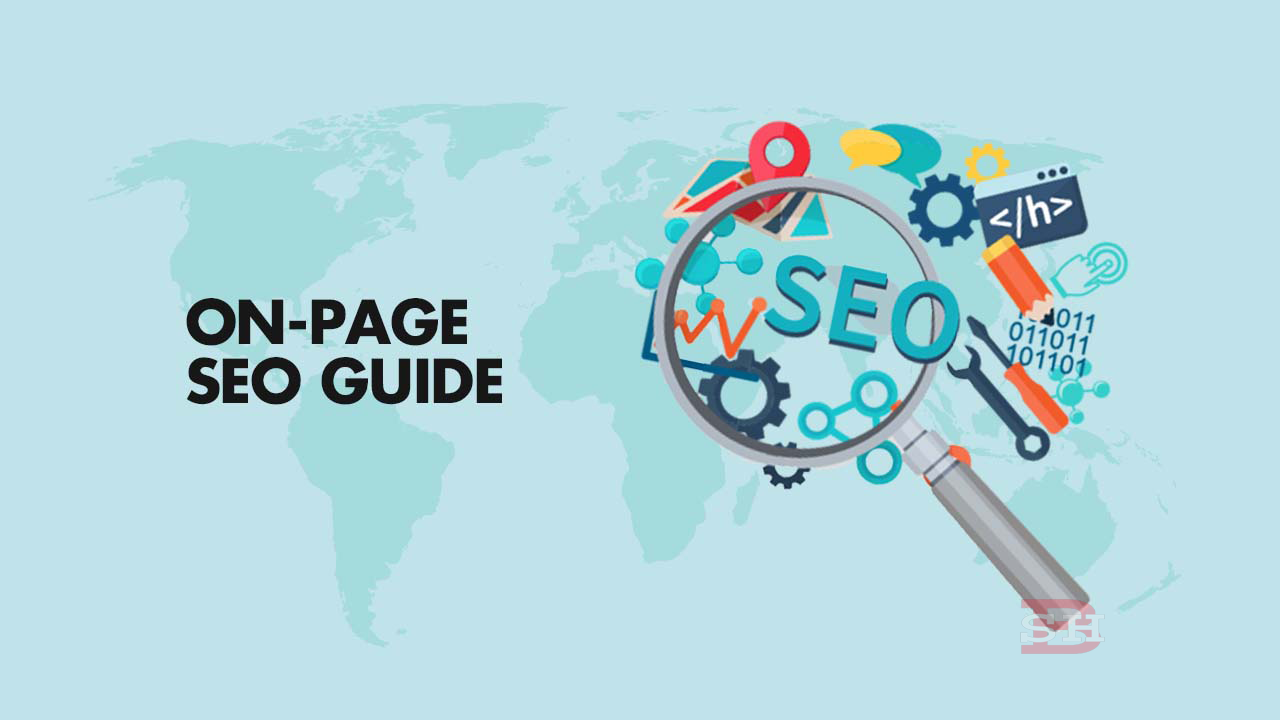
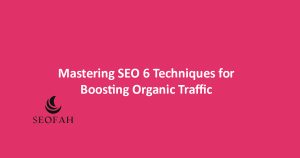

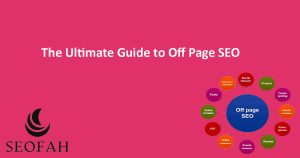
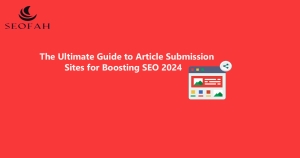
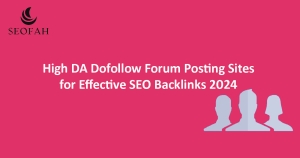
[…] tag optimization is crucial for on-page SEO because it directly impacts your search engine visibility and click-through rates. Here’s how […]
[…] Include a Bio and Backlinks: In your author bio or byline, provide a brief introduction about yourself and include a link back to your website or blog. Additionally, strategically include relevant backlinks within the body of your guest post to drive traffic and improve your site’s SEO. […]
[…] include a link back to your own website. These backlinks can contribute to your website’s SEO by improving its authority and visibility in search engine […]
[…] building is an essential part of SEO, and local link building can help improve your local search ranking. Here are some strategis for […]